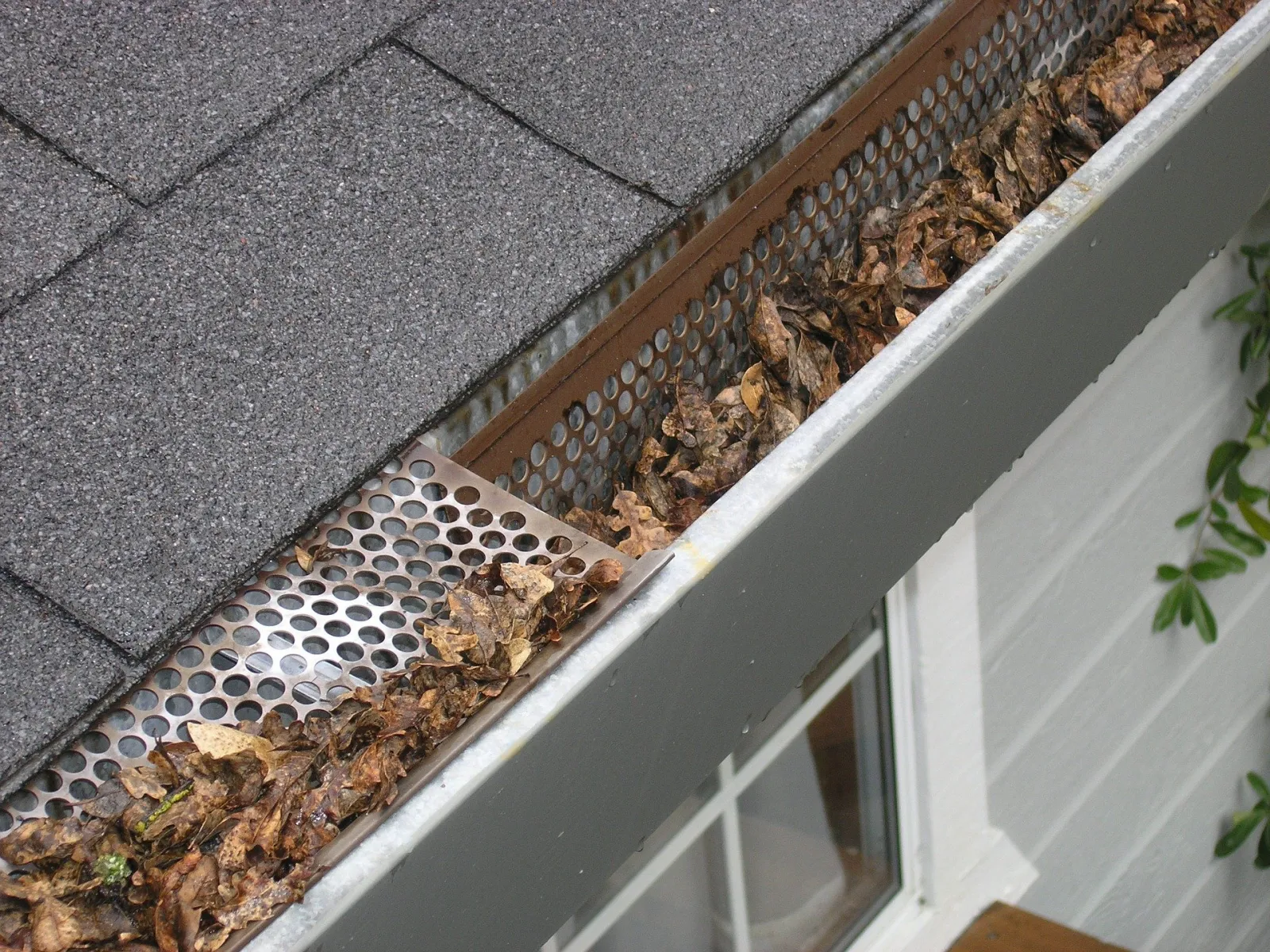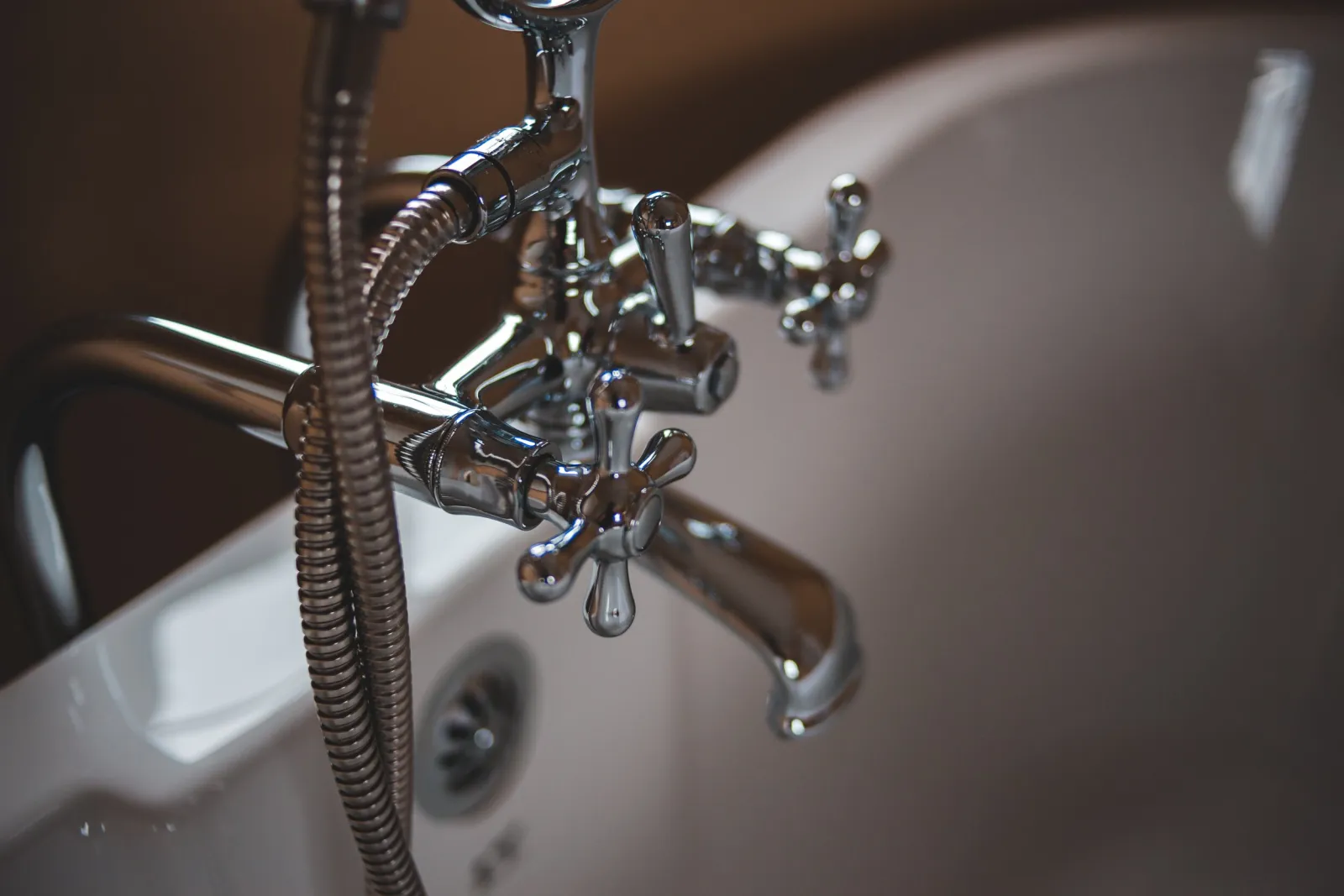As a homeowner, it can feel like something always needs to be fixed. The good news is that there's a lot you can have control over to avoid major repairs -- like the power you have to prevent water damage in your home. Following a few simple steps can save you hundreds, if not thousands of dollars down the road. Protect your home and your wallet with these simple steps.
Outdoor Prevention

CLEAN GUTTERS AND DOWNSPOUTS
Twice a year, take the time to clean your gutters and downspouts to avoid blockages and ice damming. When water overflow gets out of hand, this can create puddles that seep too closely to your home and damage your foundation. To further prevent water damage, make sure your downspout is pointed away from your home and leads the water 5-10 feet away.
MAINTAIN TREES AND PLANTS
The landscaping around your home may look nice, but are the trees and other plants too close to your utility pipes? In some cases, roots can grow through and wrap around pipes-- causing them to burst. To prevent this from happening, learn where your pipes run and minimize any landscaping in that area.
Indoor Prevention
CHECK/MAINTAIN APPLIANCES REGULARLY
Regularly checking your washing machine, dishwasher, water heater, etc. can help prevent water damage in unexpected places. Check your appliances' hoses and rubber fittings and also check for rust. These are common problems that lead to water damage in many homes.
The washing machine is one of the most common causes of water damage. If the hose is old, leaky, or brittle, you're at a higher risk of malfunction and damage. To avoid this, replace your washing machine hose at least once every 3-5 years. Additionally, avoid overfilling your washer, as this can leave your machine more susceptible to malfunction and cause damage to your home.
MONITOR WATER BILL
A sign of a sneaky water leak can come to light through your water bill. If your bill is significantly higher from one month to the next without any change in your usage, you may have a leak hiding somewhere. This could also be the case if your bill is steadily rising over the course of a couple of months without any change to your water usage. Don't delay-- inspect immediately.

INVESTIGATE ALL LEAKS IMMEDIATELY
Ignoring a leak -- no matter how minor -- can and will lead to mold, mildew, dry rot, and even structural damage to your home. Not only will ignoring a leak create a bigger problem for you, but most home insurance policies won't cover the damage. Your standard home insurance policy will cover damage from sudden, accidental damage but not damage from neglect. Addressing leaks immediately will protect your home and your wallet.
If you're leaving your home for an extended period of time, it's a good practice to shut off your water main to prevent water damage from a leak that can occur in your absence. It only takes a few minutes for a water leak to cause severe damage to your home.
MONITOR WATER PRESSURE
The ideal water pressure for a home is between 60 and 80 PSI. Anything higher than 80 PSI puts your pipes at a higher risk of bursting, and it's recommended you have a professional come and install a new water pressure regulator.
LET FAUCETS DRIP IN FREEZING TEMPERATURES
In Georgia, we have a few nights every winter that call for letting your faucets drip. Doing so helps prevent your pipes from freezing and bursting.
It's Possible to Prevent Water Damage
Don't be intimidated-- be informed. Many preventative measures only take a couple minutes of action to prevent all sorts of losses. Remain diligent to save yourself from unnecessary trouble.
